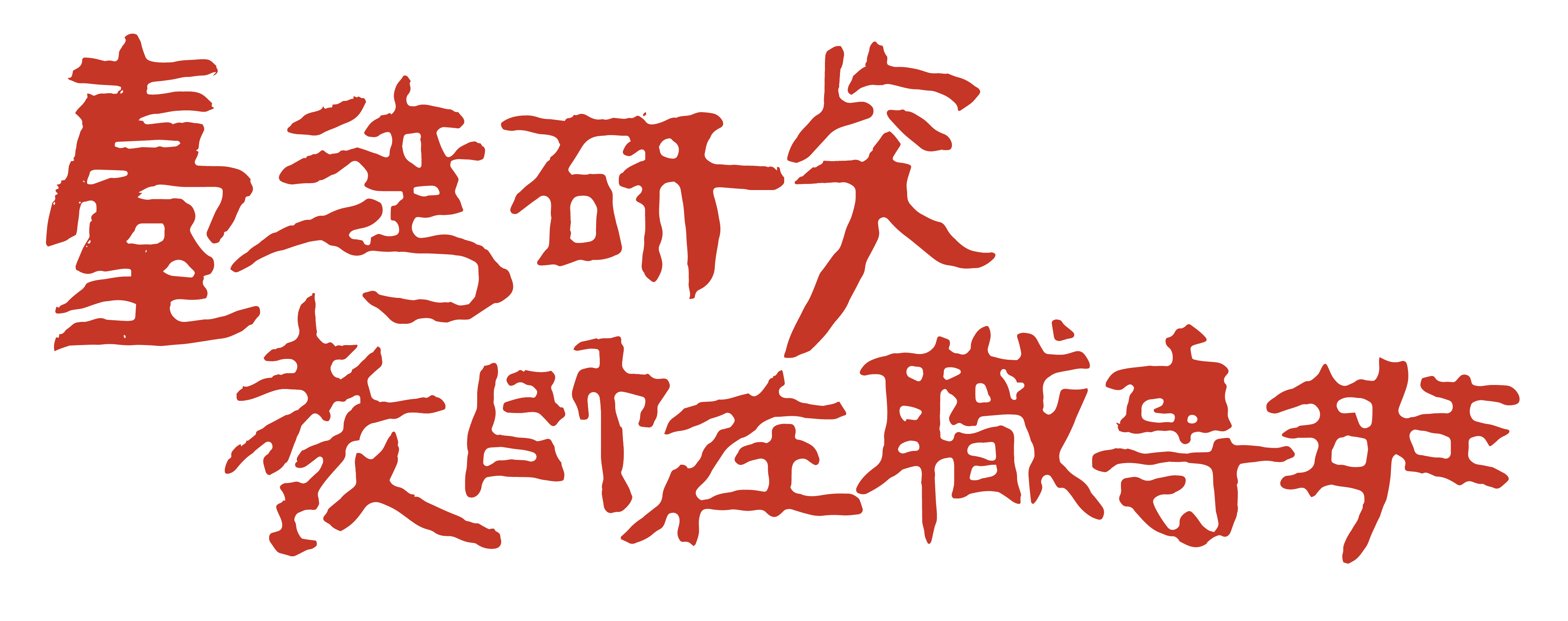Course Advice
Advice from NTHU Research-Based Master's Program Alumni, Mr. Huang Bingzhang:
※ A Note Before Sharing Advice:
The following advice is based on personal experience. There is no one-size-fits-all approach to learning, and students should maintain their own critical thinking and judgment.
※ Regarding Coursework:
1. Consider factors like transportation, teaching schedules, and family responsibilities when selecting courses. Typically, start with required courses before taking electives. Required courses are often scheduled on weekends, while electives are usually held on weekday evenings. If your program allows it, you can also take regular undergraduate courses during the day, offering a different learning experience.
2. Prior to enrolling in courses, determine the expected duration for your degree completion based on your personal circumstances. For example, if you aim to graduate in three years, you can take two courses per semester, completing your required credits in two years and leaving the third year for thesis work.
3. If you plan to graduate in less than three years, ensure that you allocate time effectively for coursework and thesis writing. However, it's not recommended to take more than three courses per semester. Maintaining time for reflection and reading is crucial during the master's program.
4. If you plan to graduate in more than three years, you can have a more relaxed course schedule and explore a broader range of courses. However, it's essential to maintain discipline and allocate time for thesis writing as time extends.
5. Pro Tip: Before enrolling, consider a research topic or project you're interested in. This topic may become your thesis subject. By selecting courses related to this topic, you can enhance the efficiency of your thesis writing.
※ Finding a Thesis Advisor:
1. Finding and signing an advisor is an active process initiated by the student.
2. According to the regulations, you can sign an advisor after the first year's summer break. However, interaction with potential advisors can start from the beginning of your program.
3. Prior to finding an advisor, it's advisable to take courses taught by professors and read their books and journal articles. Each professor has their specialization, so it's essential to explore and align your research interests with theirs.
4. When requesting a professor to be your advisor, be sincere and polite. Ideally, present your research direction or outline. If you already have some research results or drafts, even if they are not finalized, it can be beneficial.
※ After Signing with an Advisor:
1. Once you've signed with an advisor, you can discuss your thesis topic, chapter structure, and writing schedule.
2. When you begin writing your thesis, it's normal to make multiple adjustments to your topic, introduction, and chapter structure. The key is to maintain close communication with your advisor throughout the process and not work in isolation.
3. Thesis writing requires time for fieldwork, data collection, reading, and writing. Everyone's schedule may vary, but it's crucial to maintain a writing plan and discipline.
4. Pro Tip: Write a thousand words a day, regardless of content or style. Even recording random thoughts unrelated to your thesis can greatly assist the writing process.
Advice from NTHU Research-Based Master's Program Alumni, Ms. Chen Yajie:
※ Advice for Coursework for Junior Students:
The curriculum at NTHU Research-Based Master's Program is similar to regular graduate programs and includes required and elective courses. What sets it apart is that, in addition to the required courses in Taiwanese literature and Taiwanese anthropology, students can choose from courses designed for regular students and working professionals, providing greater flexibility in course selection. This flexibility helps students manage their time more effectively.
Although we are all teachers, each of us has different interests, schedules, expertise, and strengths! If the opportunity arises, engage in discussions with fellow students and alumni. Collaborating with others and participating in events organized by the program or anthropology department can provide valuable support, help you find your writing inspiration, and connect with professors and peers.
In the diverse course offerings of the NTHU Research-Based Master's Program, it's advisable to determine your thesis direction or topic early. This can help you complete your thesis within your planned timeframe. Faced with numerous course options, selecting courses related to your thesis can save you time in the exploration phase and allow you to define your thesis direction more quickly.
If your English proficiency allows, consider taking weekday courses. This will provide you with the experience of being a full-time student alongside your work commitments. Regular courses tend to be more demanding, requiring you to read more and submit reports. These experiences can contribute to your thesis.
If, like me, you had no prior knowledge of anthropology before entering the program but are curious and fascinated by it, consider taking a course in anthropological methodology. We need to step out of the NTHU Research-Based Master's Program and understand not only what anthropology is but also how to conduct fieldwork, collect interview data, formulate questions, and write "anthropologically."
Lastly, I must say that my years at NTHU Research-Based Master's Program were fulfilling and smooth! Each student carries their own burdens, and as our program director, Dr. Yuting, once said, we are hardworking dream chasers. In my experience, as long as others see your efforts, even if your work isn't perfect, they will not be overly critical. Whether it's teachers in class, your advisor, journalists in the field, your students, or your family, they will support you in achieving your degree when they see your passion and sincerity for learning.
So, don't be afraid of challenges! I understand that everyone's situation is different, but I'd like to offer a sincere word of encouragement to junior students based on my experiences: You can do it!

